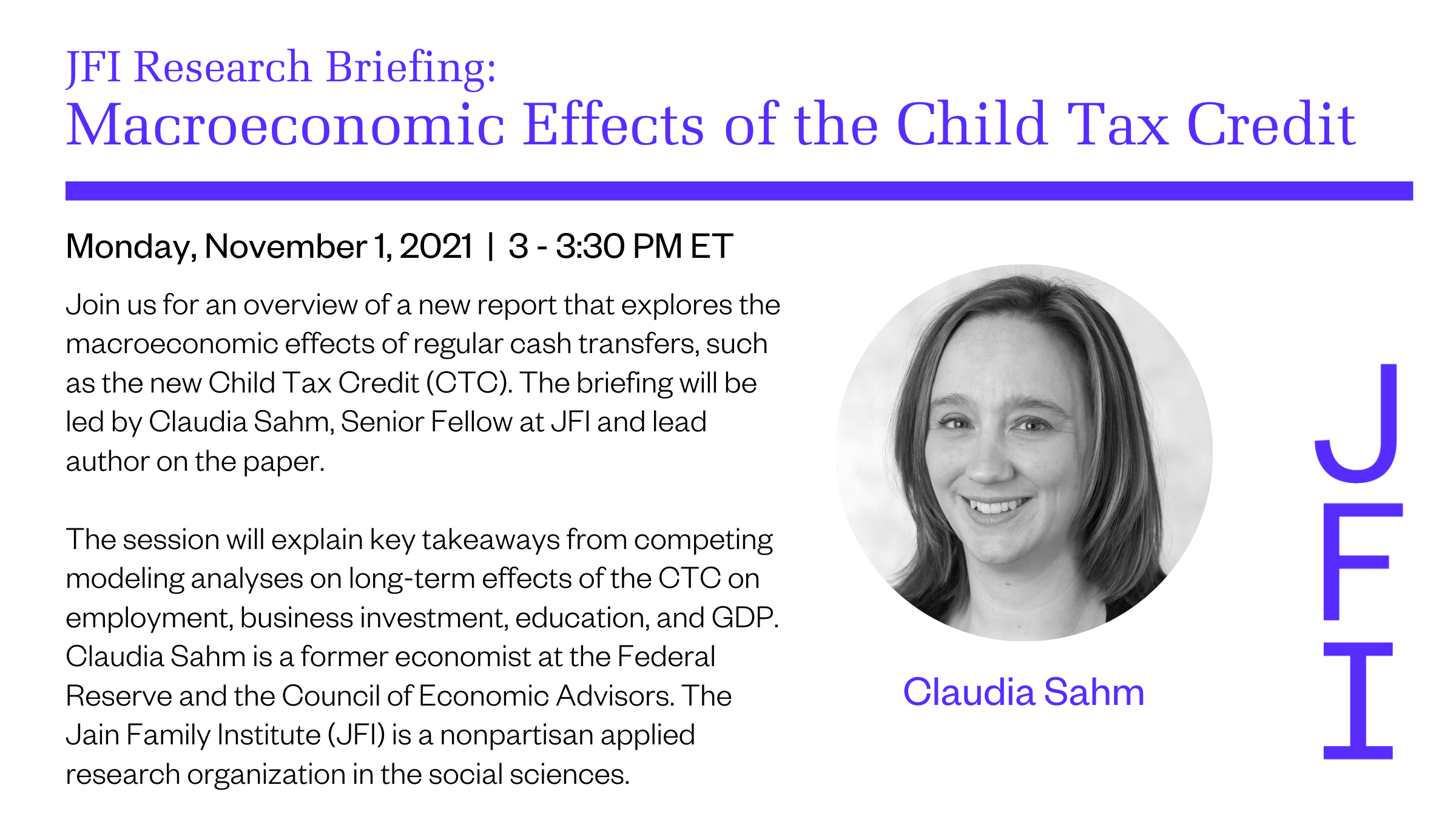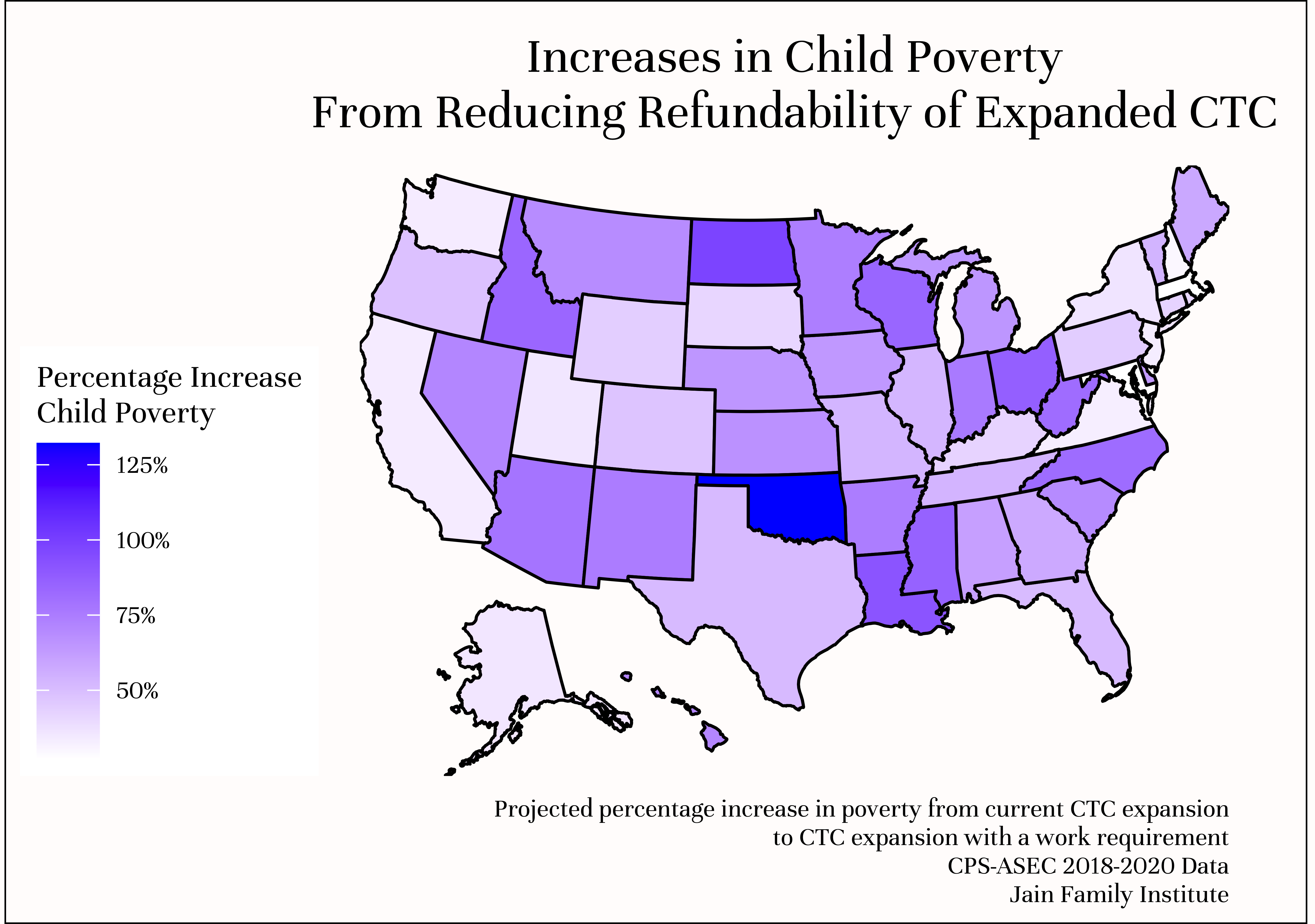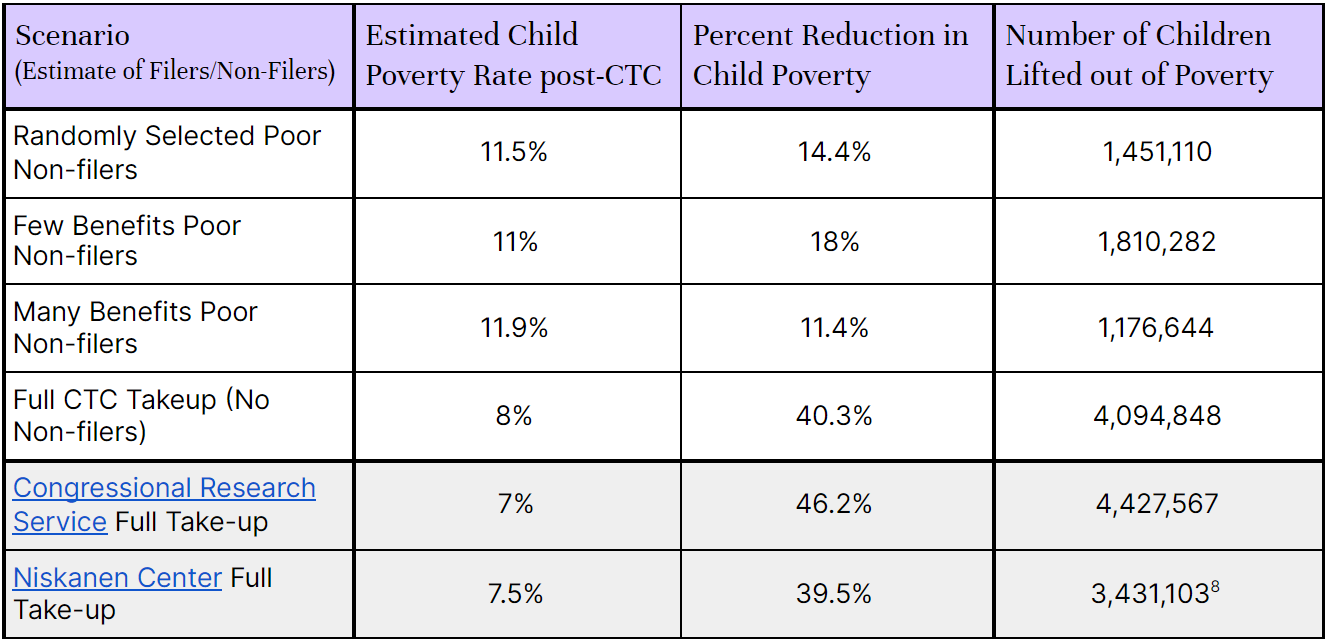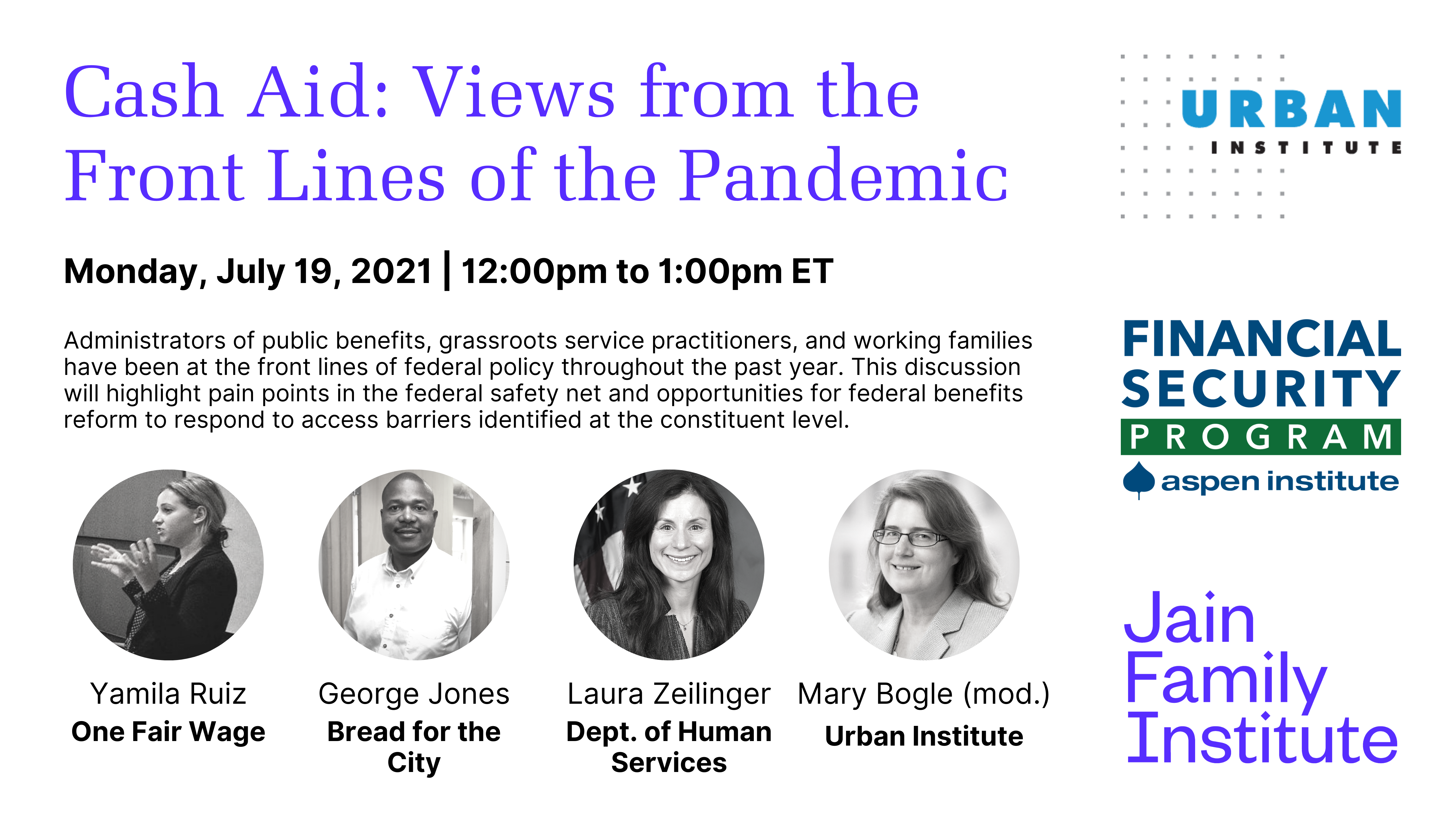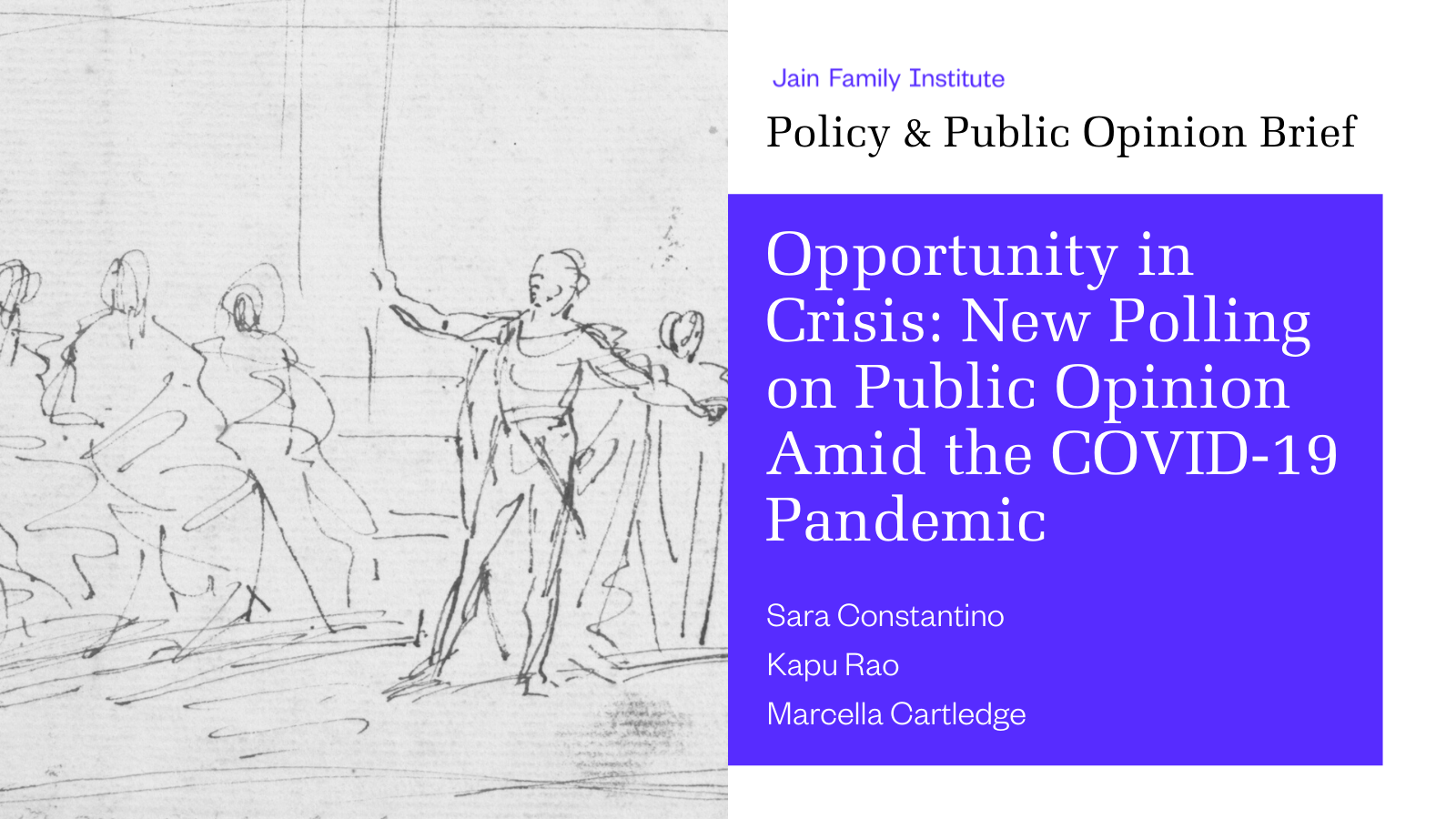Guaranteed Income
OUR MOTIVATING CHALLENGE
The US spends upwards of $400 billion every year on an extensive infrastructure of anti-poverty programs. While these programs have lifted millions of families above the poverty line, there is tremendous potential to make the safety net more effective, accessible, and cohesive. Many benefits are administered as inefficient in-kind vouchers, require complex application procedures, and either conflict with other programs or interact in ways that risk sudden loss of access.
Guaranteed income – aid in the form of unconditional cash – offers a solution to many of the core problems of the safety net. Instead of cumbersome in-kind benefits, guaranteed income provides flexible cash that empowers recipients to meet their unique needs. It eliminates unnecessary hurdles to access and replaces fragmented programs with a unified, cohesive benefit that avoids disincentives to upward mobility.
While the recent proliferation of pilots across cities and states has generated some momentum, a true guaranteed income policy at the federal or state level is highly limited by today’s political reality. Without diminishing the importance of research and advocacy over a long time horizon, there are incremental reforms, inspired by the underlying philosophy of guaranteed income, that can improve the quality of social support for low and moderate-income Americans in the short term. Without such a phased approach, we believe the energy and momentum behind unrestricted cash risks stalling.
JFI helped build the guaranteed income field from its infancy through a combination of pilot development, field research, and policy analysis. Our evolution of the Guaranteed Income portfolio recognizes that we are at an inflection point; rather than emphasizing foundational basic research on cash and guaranteed income, we aim to translate the principles of guaranteed income to an expanded set of possible complementary reforms to poverty relief and economic mobility programs.
Currently, the community of guaranteed income advocates, researchers, and policymakers have embraced certain forms of intermediate advancement—namely in the form of pilot cash demonstrations and the expanded child tax credit. These are important steps that set specific tractable and achievable targets. Our initiative aims to chart an expanded set of possible kindred policies informed by the core principles of guaranteed income.
WHAT WE DO
We pioneer research on high-impact policies to reduce poverty and facilitate upward mobility by applying the core principles of guaranteed income to improve the safety net: making more programs distribute cash, making programs more accessible, and better ensuring the plethora of individual programs create a cohesive whole. These core principles represent a continuum, not a dichotomy. Incremental reforms can move policy towards better approximating the flexibility, accessibility, and cohesiveness that guaranteed income envisions while still falling short of what staunch guaranteed income advocates would prefer. We embrace new programs to fill holes in the existing safety net, but we do not shy away from reforms of incumbent programs to make them more equitable and efficacious. Our work spans the entire continuum of policy development, from incubating novel ideas to partnering with policymakers and advocates around implementation details to turn ideas into reality.
OUR GOALS
Our goal is to transform the US safety net to reduce poverty and facilitate upward mobility by making the safety net better resemble the core principles of guaranteed income. While our applied work to date has been mostly focused on reforming tax credit programs, our future work will span across an array of different programs, from housing vouchers to disability programs to disaster assistance. Our north star is not simply research for the purpose of intellectual edification, but actual policy change. And we hope to help shape the agenda of the broader guaranteed income community towards a wide range of policy targets beyond the child tax credit and pilot demonstrations.
OUR IMPACT
Our work on guaranteed income has spanned the continuum of policy development. On the foundational research and agenda-setting front, we authored an influential series on how guaranteed income fits within the existing safety net, providing valuable conceptual clarity at a time public understanding of guaranteed income was in its infancy. We led the evaluation of one of the earliest, largest, and most rigorous randomized control trial of basic income in the US–the Compton Pledge, providing unique evidence on different designs for cash disbursement. Internationally, we evaluated one of the largest permanent Guaranteed Income programs in the world in Maricá, Brazil. And we helped popularize state level refundable child tax credits when progress on the federal credit expansion stalled, placing a pair of articles in the New York Times news and opinion section.
On the applied policy analysis side, we have provided a compendium of research on the expanded child tax credit. Our work helped clarify the debate around the extension of the expanded credit, showing what potential compromise options would retain a significant anti-poverty impact and which would mostly serve to support middle and high-income parents. At the state-level, we have provided in-depth analytical support to several successful CTC expansions. For instance, we partnered with policymakers and state-level advocates in Colorado on reforms to their child tax credit program to ensure it included all low-income children–including the design of the credit, cost estimates, and implementation concerns. The bill we helped design passed with bipartisan support, increasing benefits for over 70,000 low-income children every year. And we have helped pioneer the idea of turning housing vouchers into a more flexible cash benefit–providing detailed policy advice to the federal government and working with partners on a pilot demonstration–the housing pledge.
PARTNER WITH US
While JFI continues to share design and strategy expertise with pilots, we are increasingly focused on policy design: how cash transfers can make our social safety net work better for the working and middle classes, and what financing mechanisms can help sustain them. To that end, we provide policymakers (mayors, state legislators, economic development teams, etc.) and advocates with policy analysis, including microsimulations of proposed legislation and studies of interactions among existing programs. We are eager to partner with individuals or institutions to extend this work internationally – and to expand our field of study beyond traditional guaranteed income / UBI into other social programs (e.g. housing, healthcare) where the principles of unconditional cash may be beneficial.
PARTNERS

Guaranteed Income Tools & Resources
A collection of materials for practitioners and policymakers.
- Toolkit for creating a guaranteed income in your community: Our toolkit, published May 2021 and available here, provides a concrete starting point for anyone interested in supporting a guaranteed income for their community, particularly by launching a guaranteed income pilot. It begins by answering some of the key questions that arise in this undertaking, including what guaranteed income is, why it is gaining attention right now, what the open questions are that a pilot might answer, and what is involved in the creation of a local pilot.
- How to frame guaranteed income policy: a review of literature: This review of literature, published May 2021, covers a range of important guaranteed income messaging questions.
- Exploring a framework for federal policy: Find our white paper series, “From Idea to Reality: Getting to Guaranteed Income,” here. The series is an in depth examination into how to implement guaranteed income in the U.S.
- JFI Position on Guaranteed Income: Our research-informed guidance on basic parameters for guaranteed income.
Featured Partners
Guaranteed Income Contributors

Andrea Gama
Affiliate Researcher

Ege Aksu
Fellow

Jack Landry
Lead Researcher

Johannes Haushofer
Senior Fellow

Leah Hamilton
Senior Fellow

Marcella Cartledge
Fellow

Roberta Costa
Research Manager

Sara Franklin
Fellow

Yunjie Xie
Fellow
Tools
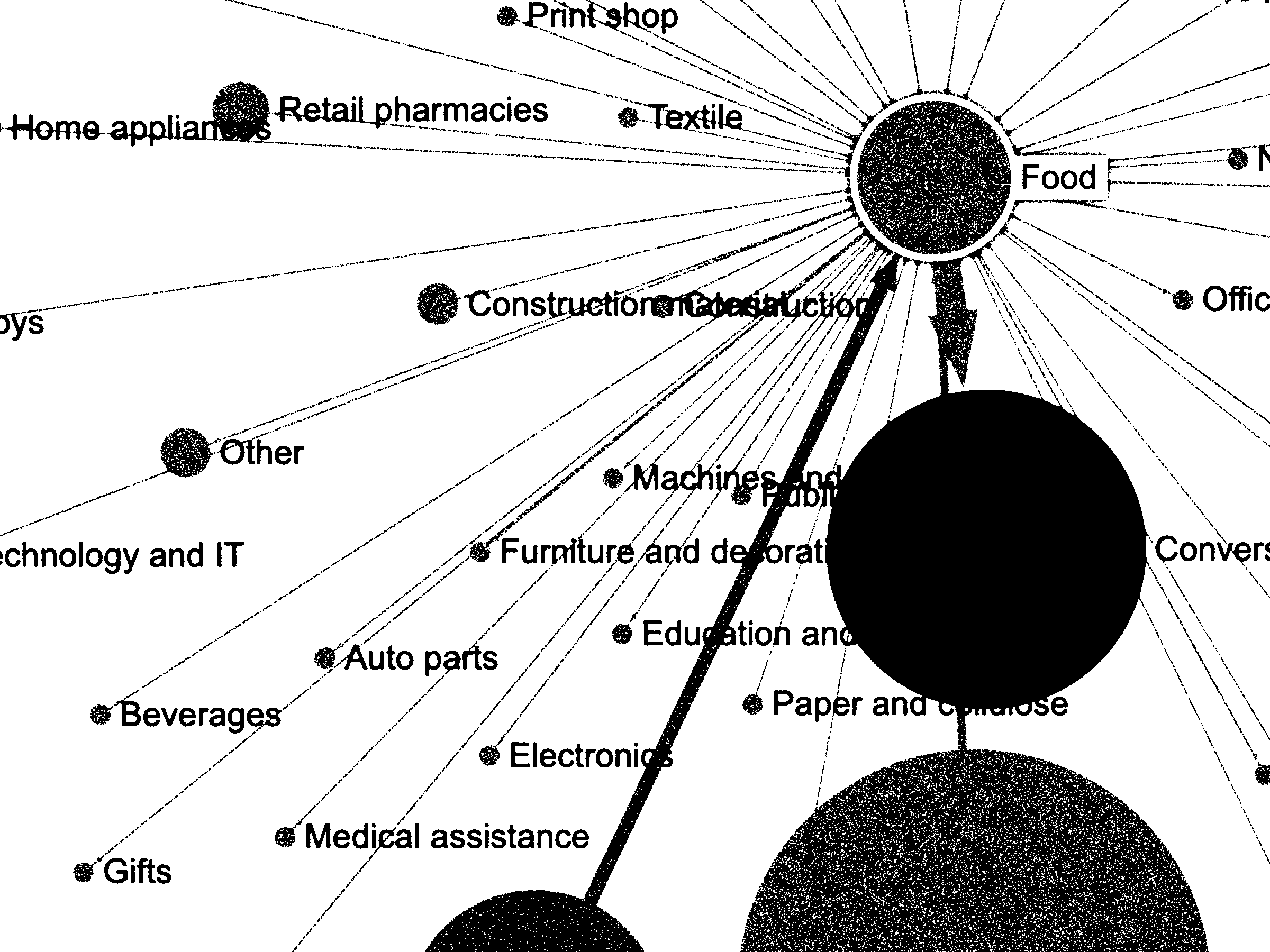 Tooling
Tooling
The Mumbuca Network
Related Publication Series

From Idea to Reality: Getting to Guaranteed Income
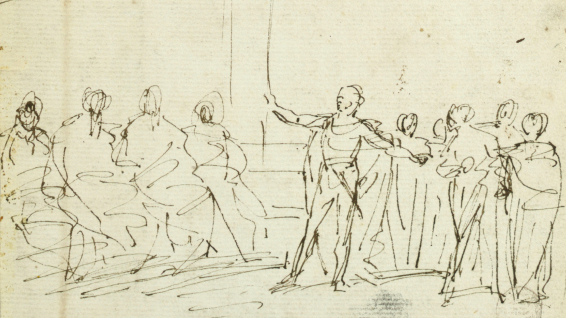
Messaging Guaranteed Income

Policy Microsimulations
Recent Updates
“Analysis of Full Refundability of the Child Tax Credit Without Expansion” covered in Huffpost, CNBC
Microsimulation work from Jack Landry and Stephen Nuñez shows significant child poverty reductions
Research Briefing: Macroeconomic Effects of the Child Tax Credit
A brief overview of a JFI report that explores the macroeconomic effects of regular cash transfers, such as the new...
Analysis of Full Refundability of the Child Tax Credit Without Expansion
Recent reports indicate that the Build Back Better legislative package will allow the increased Child Tax Credit value to continue...
Part of the series Policy Microsimulations
Model Behavior: A Critical Review of Macroeconomic Models for Guaranteed Income and The Child Tax Credit
This third report in our “Getting to Guaranteed Income” series shares the lessons from six macroeconomic modeling analyses of the...
Part of the series From Idea to Reality: Getting to Guaranteed Income
New Release: A Critical Review of Macroeconomic Models for Guaranteed Income & The Child Tax Credit
Part of JFI’s white paper series on guaranteed income, the new report examines economy-wide impacts of these income support...
JFI’s Critical Review of Macroeconomic Models is covered in Insider
Alex Yablon: "Empirical research suggests government money doesn't discourage work"
Reducing Refundability of the Child Tax Credit: Assessing Poverty Impacts and Trade-offs
A microsimulation brief finding that proposals to limit the refundability of the Child Tax Credit would increase child poverty by 53...
Part of the series Policy Microsimulations
New Analysis: Assessing Non-filer Rates and Poverty Impacts for the Expanded CTC
The brief provides results of a range of scenarios for CTC take-up rates among eligible children, showing poverty reduction resulting...
New Analysis: Poverty Impacts of the ARPA’s Child Tax Credit Limited Without More Robust Enrollment of Non-filers
The brief provides results of a range of scenarios for CTC take-up rates among eligible children, showing poverty reduction depends...
Assessing Non-filer Rates & Poverty Impacts for the American Rescue Plan Act’s Expanded CTC
A microsimulation of child poverty impacts and analysis of how to reach eligible non-filers for maximum poverty impacts
Part of the series From Idea to Reality: Getting to Guaranteed Income
Part of the series Policy Microsimulations
JFI Position on Guaranteed Income, August 2021
A new position paper by JFI’s guaranteed income research team brings together years of policy research to define basic...
Part of the series From Idea to Reality: Getting to Guaranteed Income
Press Release: JFI Position on Guaranteed Income
A new position paper by JFI's guaranteed income research team draws on years of policy research to define basic parameters...
Cash Aid: Views from the Front Lines of the Pandemic
Hosted by JFI, the Urban Institute, and Aspen Institute Financial Security Program, this discussion highlights pain points and lessons from...
New Release: Opportunity in Crisis: New Polling on Public Opinion Amid the COVID-19 Pandemic
The first of three polling briefs, "Opportunity in Crisis" is part of JFI's Messaging Guaranteed Income project
Opportunity in Crisis: New Polling on Public Opinion Amid the COVID-19 Pandemic
Results from a nationally representative survey investigating how the public health and economic impacts of COVID-19 influenced Americans’ attitudes towards...
Part of the series Messaging Guaranteed Income
They Worked: Claudia Sahm on the effects of $1,400 relief payments on families and the economy
New survey data demonstrating how families made use of the third round of cash relief.
Part of the series From Idea to Reality: Getting to Guaranteed Income
New Research: Claudia Sahm assesses the effects of $1,400 stimulus checks
Sahm's new brief is "They Worked: The effects of $1,400 stimulus checks on families and the economy"
JFI Research featured in a New York Times editorial by Rashida Tlaib and Eduardo Suplicy
The editorial, published June 30, is titled "Prioritizing People to Build Back the Economy"
Paul Williams and James Medlock on paternalism, market failures, and welfare policy in the US
An argument worth examining for what it illuminates about the role of paternalism in safety net policy, and persistent misunderstandings...
Part of the series From Idea to Reality: Getting to Guaranteed Income
Position Paper: Paul Williams and James Medlock on paternalism, market failures, and US welfare policy
A new position post in JFI's "From Idea to Reality" series
International Perspectives in Basic Income Messaging – BIRAL Seminar
JFI is hosting the second Basic Income Research and Action Lab (BIRAL) seminar: “International Perspectives in Basic Income Messaging,” an...
Research Session: Perceptions of Guaranteed Income – New Polling
A look at early results from recent polling research on guaranteed income perceptions and messaging, featuring work from Leah Hamilton...
How to frame guaranteed income policy: a review of literature
Plentiful research and pilots have demonstrated the positive impacts of guaranteed income, but policy proposals require careful attention to framing...
Part of the series Messaging Guaranteed Income
Toolkit on guaranteed income in the U.S. for pilots, research
JFI released guaranteed income toolkit of collective best practices, pilot efforts & policy as cash initiatives continue to grow and policy...
Part of the series From Idea to Reality: Getting to Guaranteed Income
Part of the series Messaging Guaranteed Income


